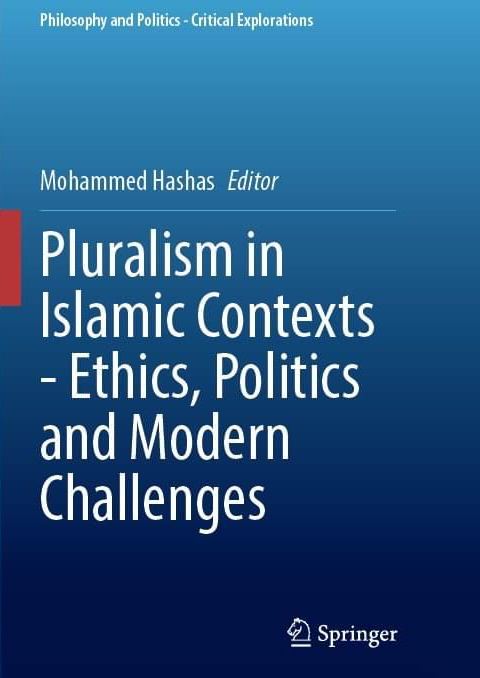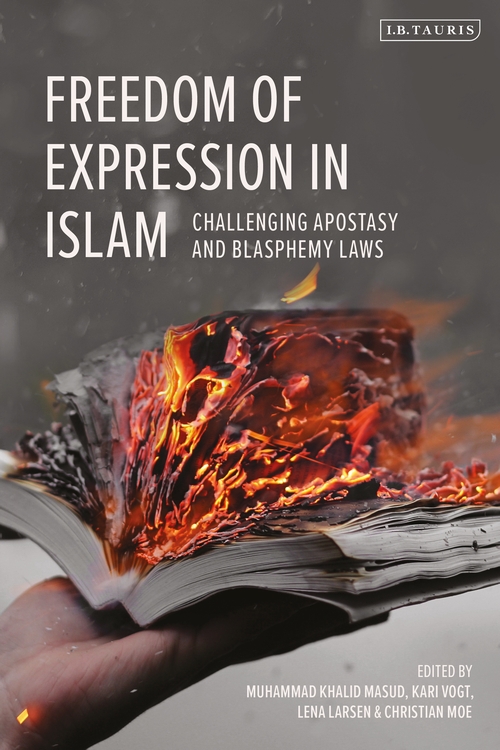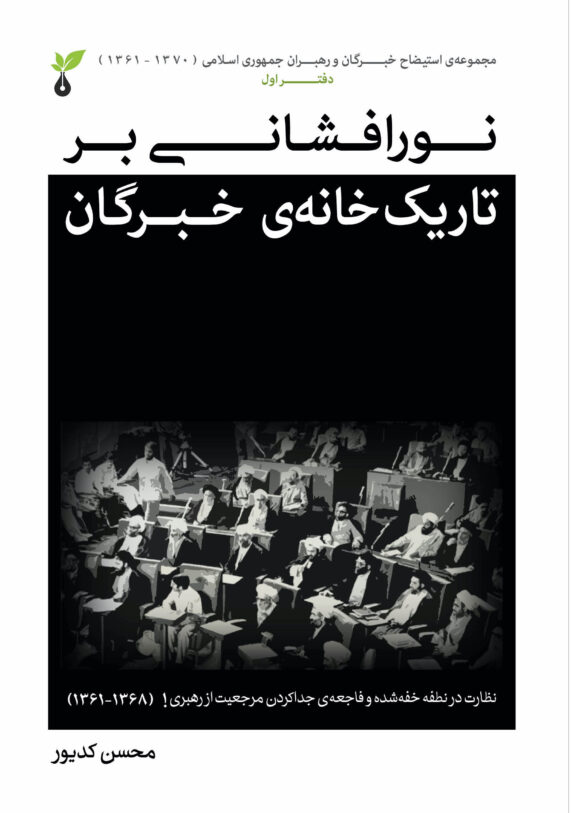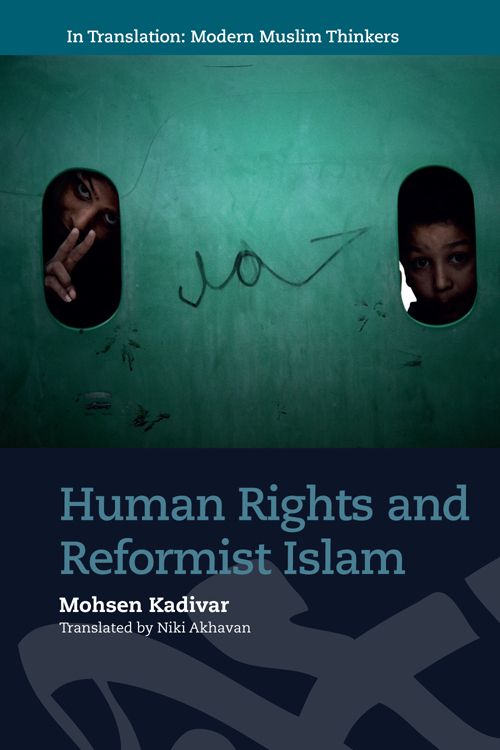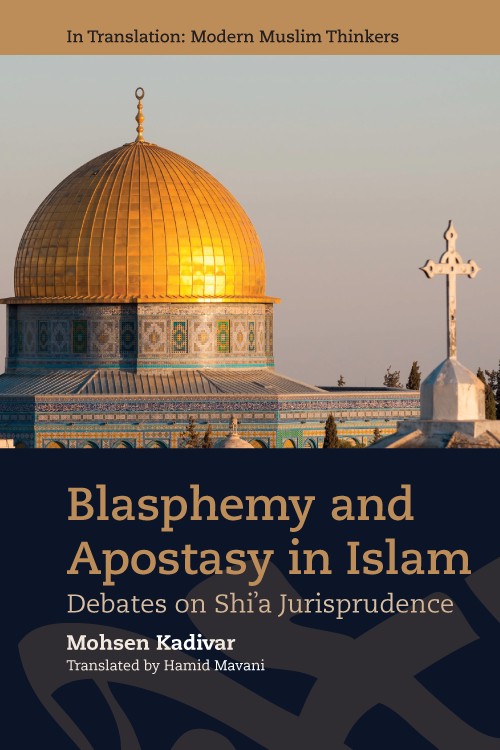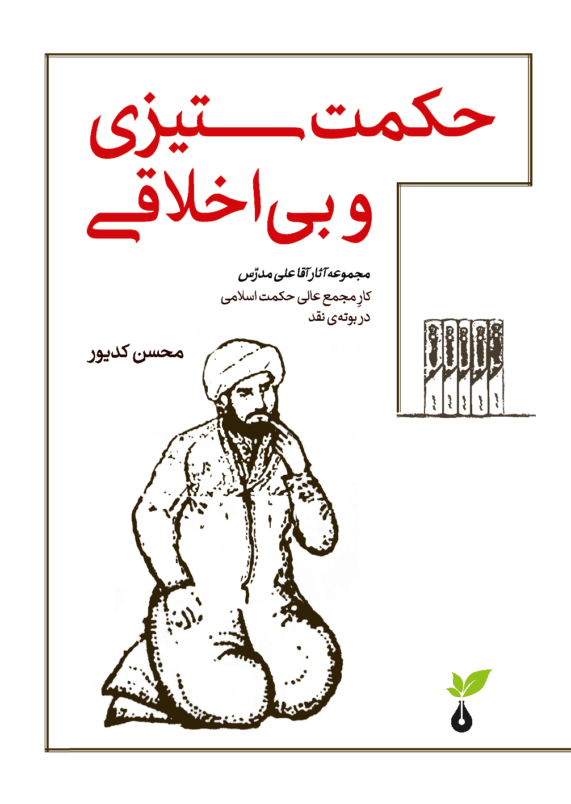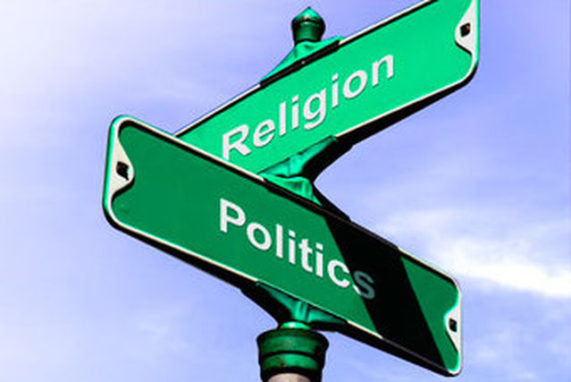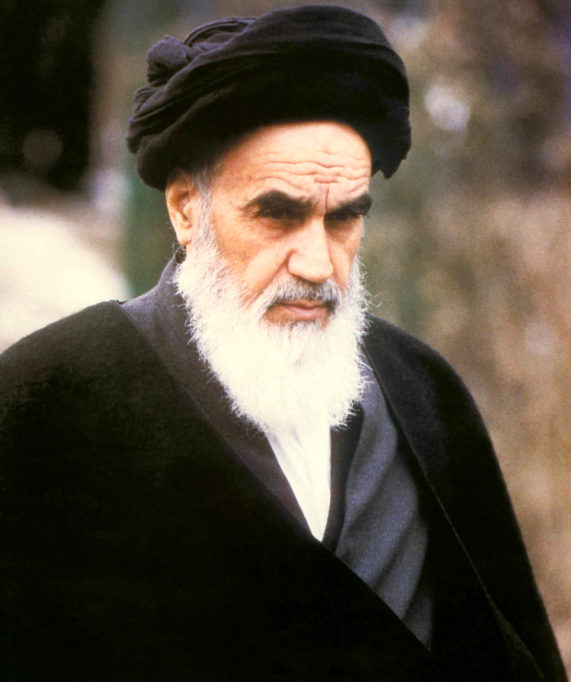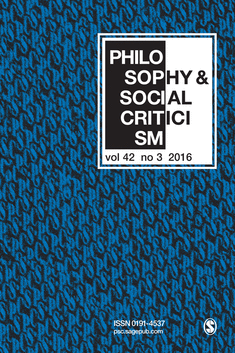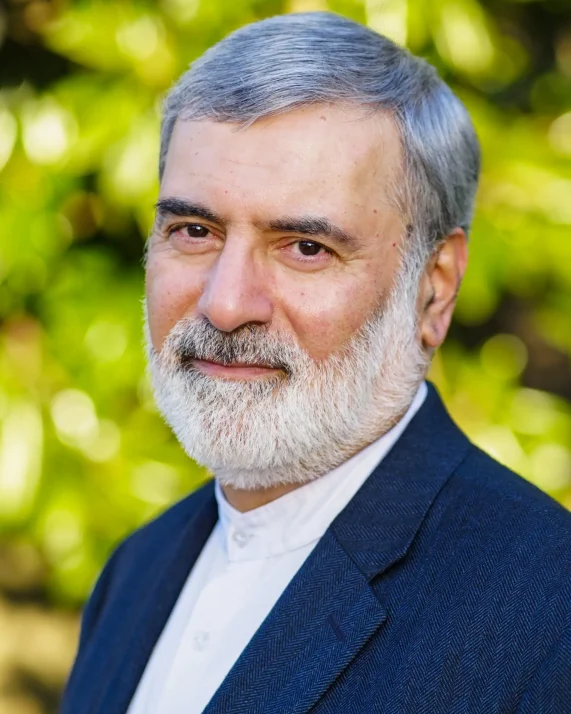Although there are a lot of verses in the Qur’an endorsing the notions of freedom, tolerance, diversity, and pluralism, all of these verses were abrogated by the Sword Verse, according to some major classical Sunni scholars. In Shi’a Islam, however, none of these verses were abrogated; the Qur’anic arguments on freedom and diversity are always valid since they are an essential part of faith; they cannot be abrogated. The political teachings of Imam ‘Ali Ibn Abi Ṭalib are very supportive of diversity and pluralism in the modern sense.



